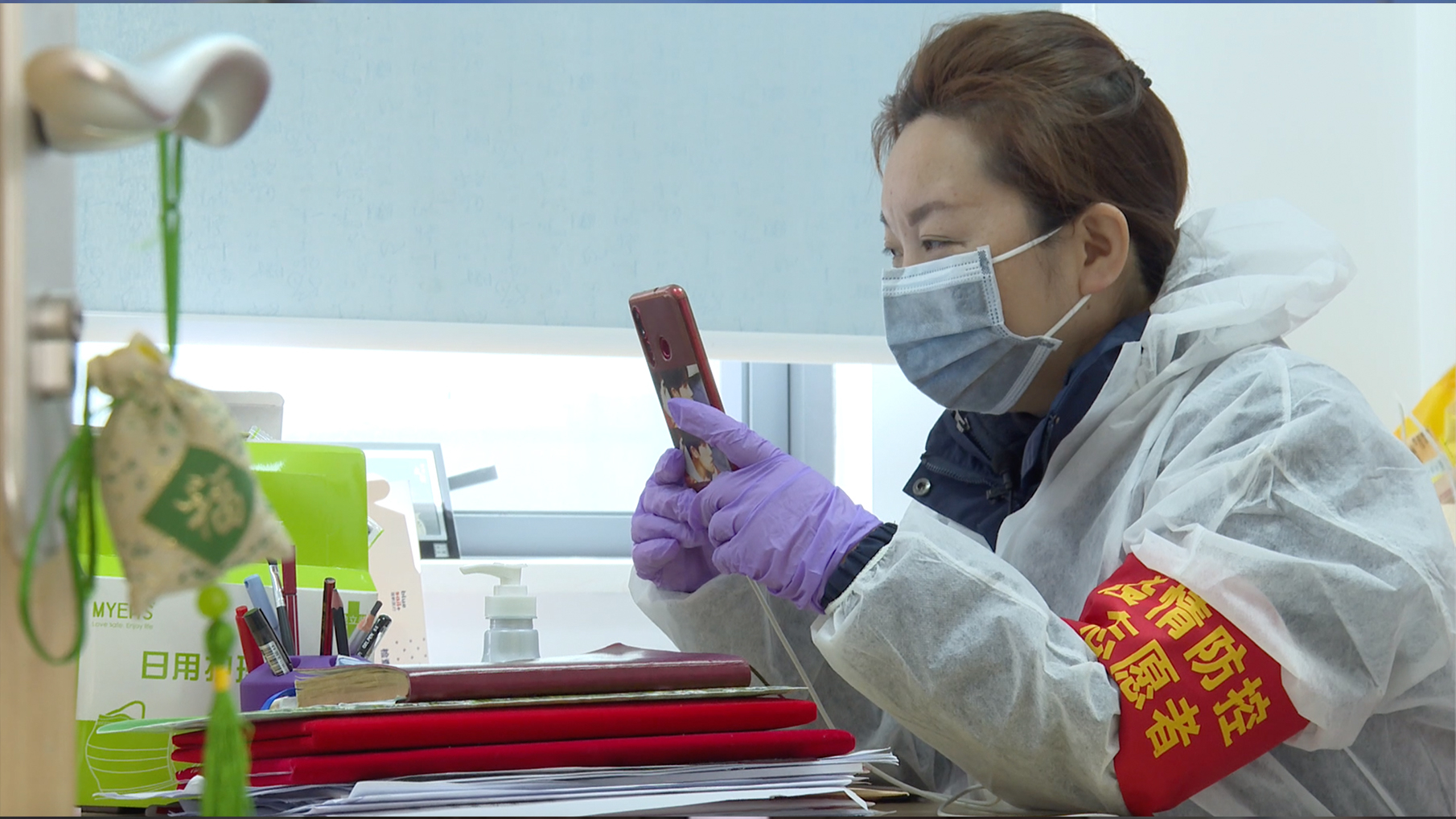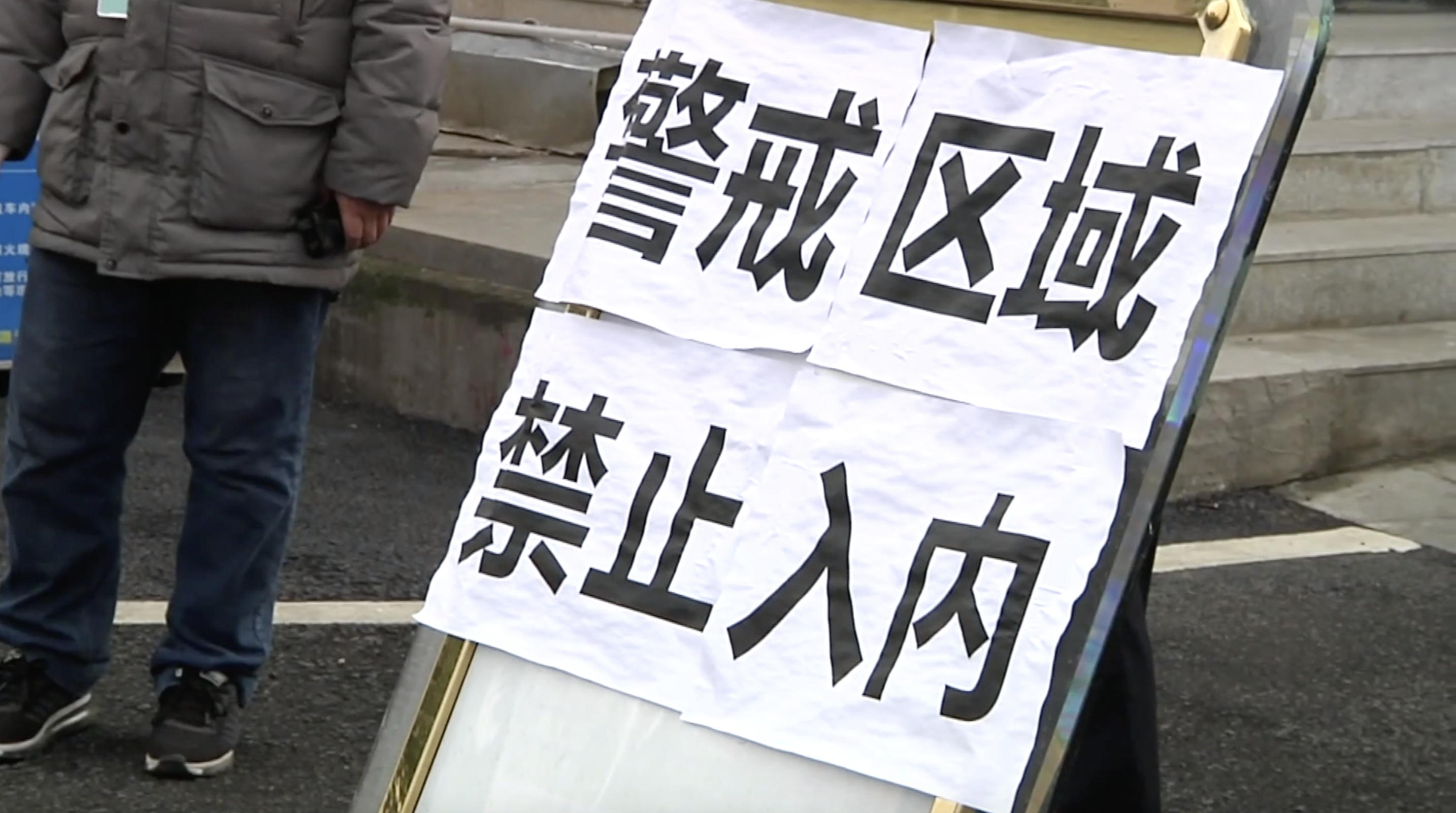02:53

After Hu's mother tested positive for coronavirus pneumonia, she got more worried.
The coronavirus has potential for human-to-human transmission.
Her brother has been quarantined at home, his father-in-law had died from the coronavirus, and his wife was still recovering.
For Wuhan residents that come in close contact with coronavirus patients while being excluded from suspected cases, there were no isolation facilities, or enough beds, given the large number of affected people.
That is why the potential patient urged the community not to leave them behind.
Hu requested beds from day to day, even blaming the community efforts.
But during their first meeting through a video call two days after the 50-year-old moved in a designated hotel for quarantine, she teared up and extended great thanks to Guo Huimin, the community volunteer who helped the family out.
"I was desperate, you know," Hu told Guo. "What if I became another infected family member?"
She then showed Guo what's inside the room.
"Now, I'm really grateful," she said tearfully, expressing her appreciation for the community's hard work and asked the staff to take care, too.

A warning sign in Wuchang District of Wuhan, central China's Hubei Province. /CGTN Photo
A warning sign in Wuchang District of Wuhan, central China's Hubei Province. /CGTN Photo
A phone call disrupted their chat. It was from Hu's brother.
For safety reasons, Guo advised him of medical observations there, while free meals and medical care are provided. He also expressed concern over the health of volunteers.
In the epicenter of coronavirus, volunteers are meeting potential patients every day. Some say they are highly vulnerable to the contagion themselves, as their protection might not be sufficient.
Guo says volunteers put themselves at a higher risk.
Amid the public fear, her team helps residents of the community learn about disease prevention and control, encouraging them to report, diagnose and quarantine whenever necessary.
There is always disappointment, she says. Some do not take their advice or care seriously.
Meanwhile, a demand for more beds is quite realistic.
"Sometimes, they hope we have an immediate solution, but in fact we don't," Guo regretted. "Then they have hard feelings about us, and we have to put up with it."
The member of Communist Party of China said her willpower propels her to go forward, with no other options.
"Community work for me is love," Guo added.
At present, communities in the city are beefing up effort in virus prevention and control by extensive visits to families.
Meanwhile, local authorities are reusing places such as exhibition centers and gymnasiums into an "isolation community" for mild illness, while more severe patients are taken to the city's designated hospitals.